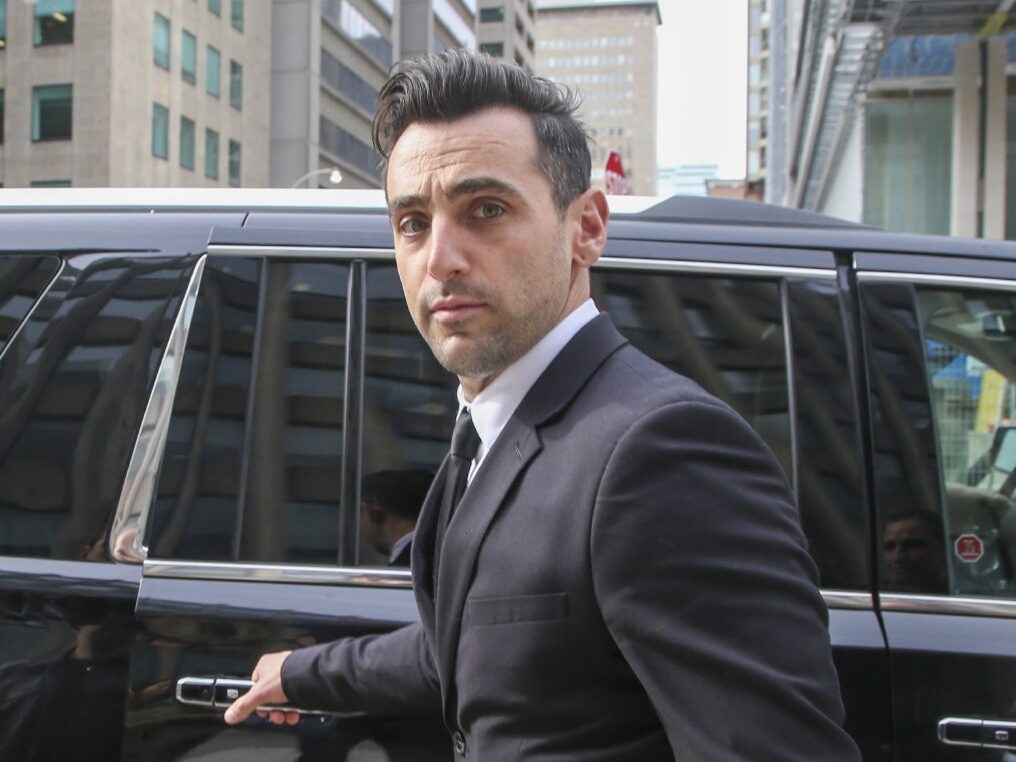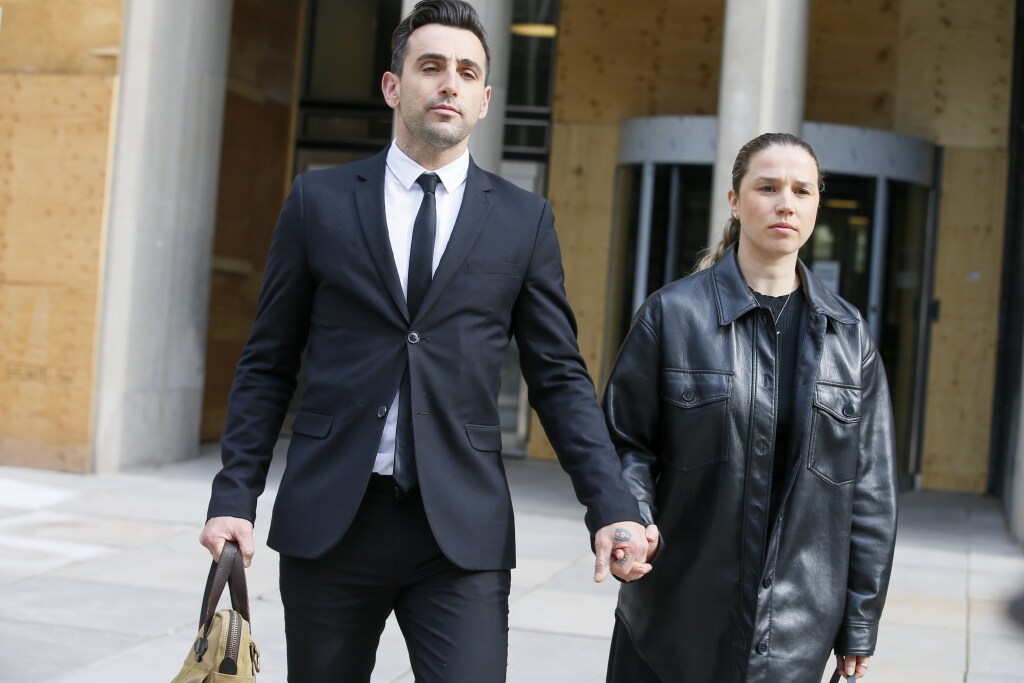The name was shielded for years, a placeholder in a harrowing story: the “Ottawa woman,” or simply “J.B.” Now, she steps forward, reclaiming her identity and voice after enduring a brutal attack and a grueling legal battle.
Jessica Baker is the woman who bravely testified against Jacob Hoggard, the former frontman of the popular Canadian band Hedley. In 2022, Hoggard was sentenced to five years in prison after being found guilty of sexually assaulting Baker in a Toronto hotel room in 2016 – an act the court described as a “particularly degrading rape.”
The decision to lift the publication ban allowed Baker to finally reveal herself, a step she took with profound purpose. “Now, I just want people to acknowledge that I’m a real person with feelings,” she states in the CBC documentary, *Breaking Idol*, which chronicles her journey and testimony.

Hoggard’s rise to fame began on the reality show *Canadian Idol* in 2004, catapulting him and Hedley into the spotlight. But that world crumbled in 2018 when allegations of misconduct surfaced during the height of the #MeToo movement, leading to the band’s dismissal by their management and a ban from radio stations.
While accused of sexual assault by two women, Hoggard was ultimately convicted only in Baker’s case. A 2024 trial in Kirkland Lake, Ontario, resulted in a not-guilty verdict regarding a separate allegation, despite his plea of not guilty in both instances.
Hoggard initially attempted to appeal his conviction, but ultimately abandoned that effort weeks after the Kirkland Lake trial concluded. He is currently serving his five-year sentence, the conviction having been upheld by the Ontario Court of Appeal last August.

For Baker, the trial itself was a re-traumatization, echoing the horror of the assault. She describes the experience as “the exact same feeling, amplified in front of a room full of strangers and [Hoggard] and his wife,” a chilling testament to the lasting impact of the ordeal.
One of the most agonizing moments, she reveals, was hearing a recording of a phone call with Hoggard from shortly after the attack. “It was worse than the assault, worse than anything,” Baker recounts, highlighting the insidious nature of the emotional damage inflicted.
Those who have followed the case closely recognize Baker’s courage as a pivotal moment. It’s a reclaiming of power, stolen first by the assault and then, in some ways, by the complexities of the justice system.
Her decision to go public is a powerful statement, a demand to be seen not as a case file or a nameless victim, but as Jessica Baker – a survivor who deserves to be acknowledged, believed, and remembered.





